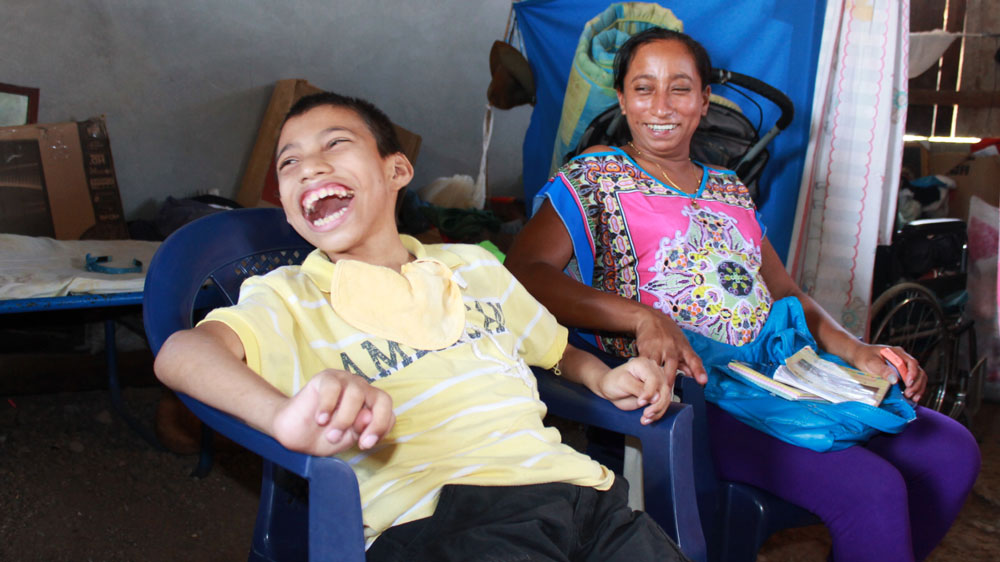People with disabilities (PWDs) are overrepresented among those in extreme poverty. They are also often excluded, or self-exclude, from economic strengthening programs. For the past six years, Trickle Up has had promising results in adapting Graduation programs to the needs of PWDs living in extreme poverty.
Drawing upon mixed-method data analysis, participatory assessment, and case studies from six projects in Guatemala, Nicaragua, and Mexico, this article discusses graduation program design for PWDs in extreme poverty. This includes when and how to engage PWDs as primary program participants, homogeneous versus integrated savings groups, the role of field staff in changing negative attitudes about disability in families, communities, and among PWDs themselves, and how ‘graduation’ itself should be conceptualized when working with specific vulnerabilities.
To view this article, please contact Jo Sanson.


